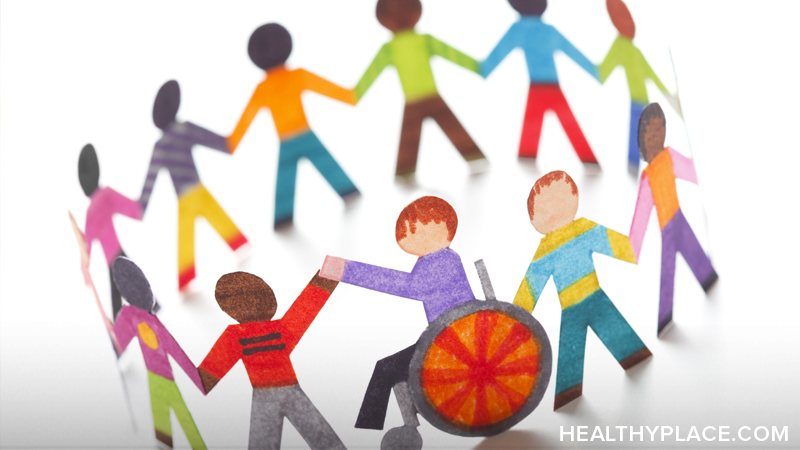How Do You Define a Special Needs Child?

Defining a special needs child involves specific categories of impairment. The term “special needs” is broad and involves multiple types of disabilities. In general, special needs children face similar issues. These children face more intense challenges than their peers. The difficulties experienced by kids with special needs significantly disrupt daily life and last for an extended period of time, perhaps even throughout their life. It’s important to define a special needs child because knowing precisely what is categorized as special needs will help you get the right help and services for your child.
To Define a Special Needs Child, Use These Criteria
Children with special needs have been evaluated and determined to have requirements above and beyond what’s typical for kids of a similar age and developmental level. The requirements may include extra time to complete certain tasks, special attention in certain areas, or regular support from doctors, physical therapists, mental health therapists, special educators, or professionals in other areas of impairment.
A legal definition of special needs helps ensure that these children and their families are guaranteed certain rights so they can qualify for and receive special education services, benefits from the government to help with cost of care that can be extreme, and various forms of assistance to ensure wellbeing and proper growth and development.
Legally, a special needs designation for children refers to foster care and adoption as well. Older children, kids with medical, physical, or mental health challenges, siblings that need to remain together, or children who are multi-ethnic or biracial all have lower chances of being placed in foster care or of being adopted. An official designation as special needs gives these children extra protection and care.
A broad definition of a special needs child is: Special needs children have life-limiting impairment in one or more areas of functioning. Challenges may negatively impact any aspect of a child’s person and ability to complete necessary tasks. Their requirement for extra support has been documented to ensure that they receive their needed assistance.
Types and Examples of Special Needs
Four main types or categories describe the special needs these children may have:
- Physical (medical, health)
- Developmental
- Behavioral and/or emotional
- Sensory impaired
Physical needs include chronic or terminal illness. Children with muscular dystrophy, multiple sclerosis (MS), chronic asthma, epilepsy, cystic fibrosis, cancer, diabetes, or other serious health issues are considered as special needs children and are eligible for services.
Developmental needs are impairments like Down’s syndrome and other intellectual disabilities, learning disabilities, autism spectrum disorder, attention-deficit/hyperactivity disorder (ADHD), and other disorders related to neurological development.
Behavior and/or emotional needs also considered mental health needs. Challenges in this category include any type of anxiety disorder, depression, reactive attachment disorder, posttraumatic stress disorder (PTSD) or acute stress disorder (ASD), oppositional-defiant disorder (ODD), conduct disorder (CD), and any other disorder involving emotional crises, extreme mood swings, anger, defiance, etc.)
Sensory needs involve sensory impairment such as visual impairment, blindness, auditory impairment, deafness.
Each category has unique needs that, when recognized and met, help special needs children succeed and have positive experiences every day. The right support is crucial for kids with special needs; therefore, defining special needs is an important part of their physical, mental, developmental, and educational requirements.
HealthyPlace has useful information about a variety of special needs children in the categories of developmental needs and behavior and/or emotional needs. Find articles about children with disorders like:
APA Reference
Peterson, T.
(2022, January 17). How Do You Define a Special Needs Child?, HealthyPlace. Retrieved
on 2026, March 1 from https://www.healthyplace.com/parenting/learning-disabilities/how-do-you-define-a-special-needs-child



